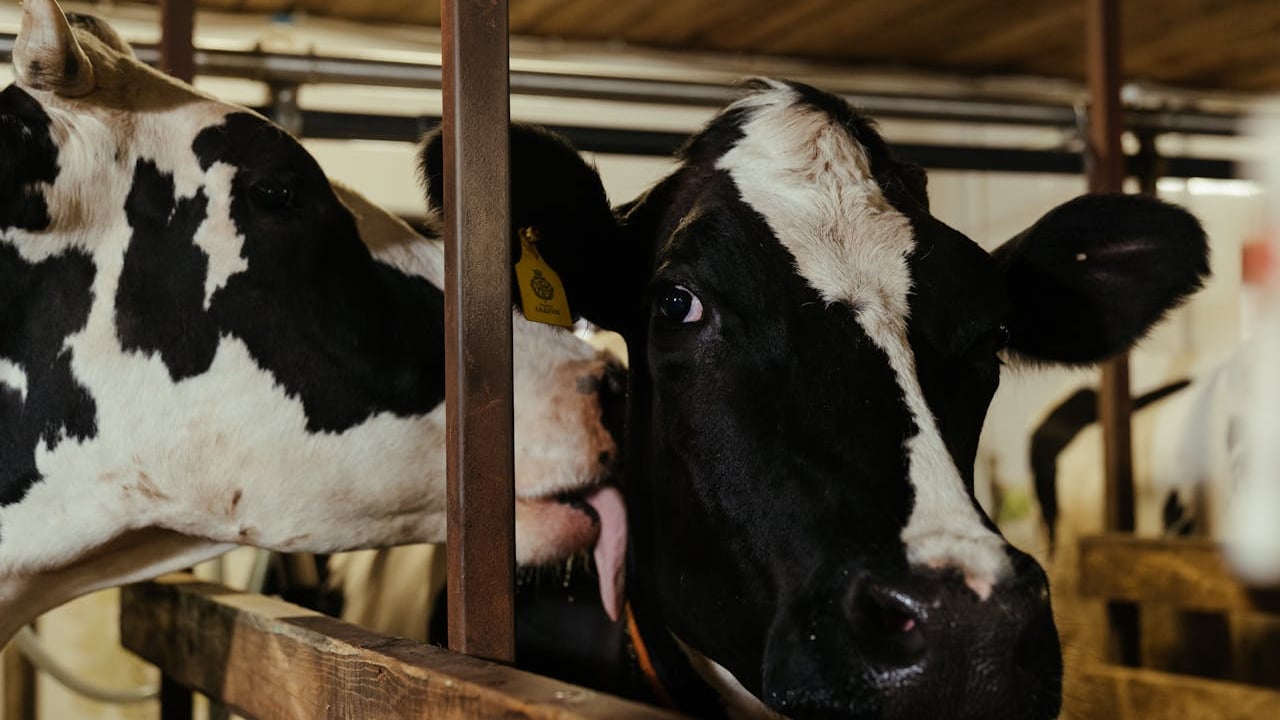Bird flu in cattle not an increased threat to humans - study
A study of bird flu viruses in cows has stated that the H5N1 strain does not pose an increased threat to humans.
The study by UK-based Pirbright Institute, dedicated to the study of infectious diseases in animals, has found that "the currently circulating bovine H5N1 viruses are unlikely to be able to efficient transmit between humans”.
The researchers said it remains to be determined whether further mutations will emerge if the virus continues to infect and spread among dairy cattle.
The study found that the virus is predominately transmitted through milking, and the movement of infected animals or contaminated equipment between farms.
It also found that the virus' ability to spread through the air is very low.
Prof. Munir Iqbal, head of the avian influenza and Newcastle Disease group at Pirbright said: “Continued surveillance and risk assessment of circulating H5N1 viruses remain a top priority to mitigate their potential impact on public health and the agricultural sector.”
The Department of Agriculture, Food and the Marine (DAFM) recently confirmed a third case of avian influenza since December, bringing the total on the island of Ireland to six.
Speaking recently on Agriland’s AgriFocus podcast, superintending veterinary inspector, Audrey Jenkinson from DAFM said that ensuring good biosecurity procedures is the best way to reduce the possibility of infection.
In Northern Ireland, England and Scotland there is an avian influenza prevention zone (AIPZ) in place. The AIPZ places a legal requirement on all birdkeepers to follow strict biosecurity measures.
According to the Centers for Disease Control and Prevention (CDC) in the United States, there has been 67 cases of bird flu confirmed in humans, with one death from the disease.
63 of these infections were recorded in a farm setting, with over half of the cases reported from dairy herds in California. There are currently 16 states with reported cases with some 943 dairy herds affected.
The US Department of Health and Human Service recently awarded $590 million dollars in funding to pharmaceutical giant Moderna to accelerate the development of a mRNA based vaccine for bird flu, alongside other influenza vaccines.





